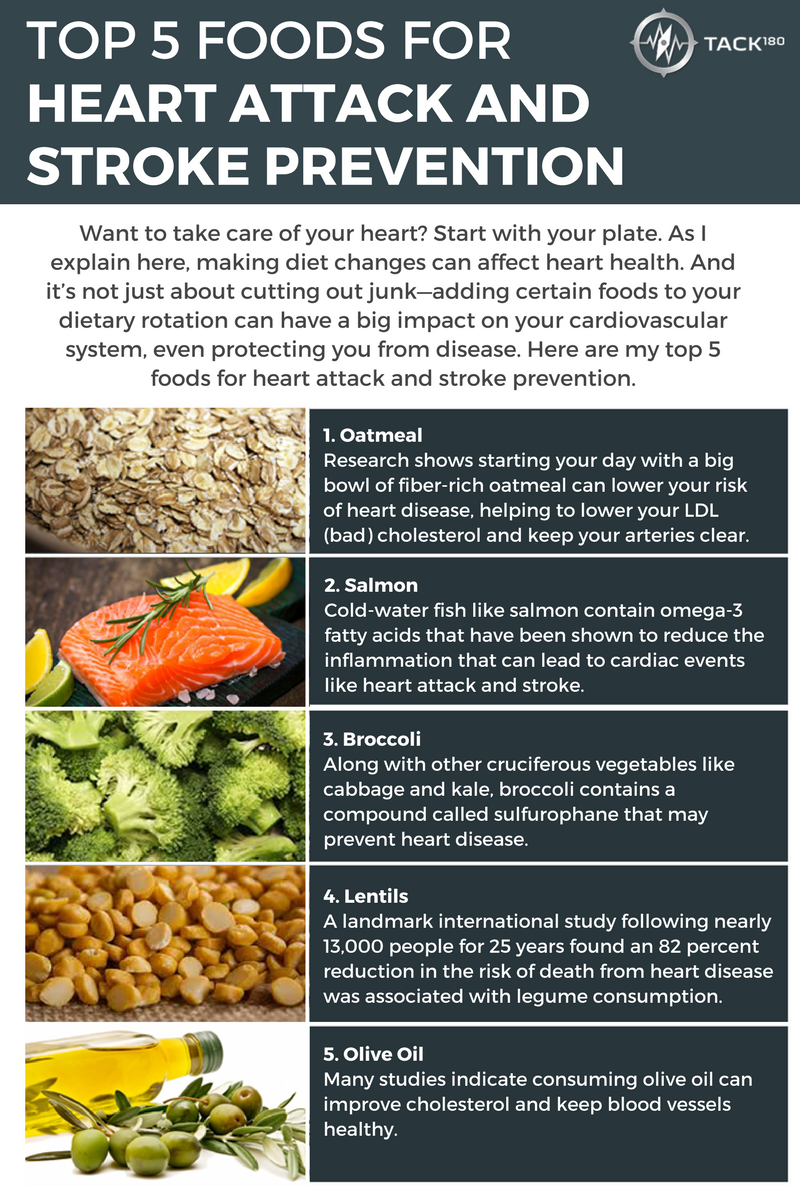
Some people choose to follow specific diets to improve their health. You might choose a particular diet because of your medical history, cultural background or personal preferences. Or your healthcare provider might suggest a specific diet to address a medical condition or concern. In a 2, calorie-a-day diet, that is the equivalent of 48 grams or 12 teaspoons of sugar. Added sugar offers no nutritional value. Fill a half of your plate with vegetables and fruit; a quarter with protein foods and a quarter with whole grains. It involves eating a diet rich in vegetables, fruit, low-fat dairy, fish, poultry and beans. Learn more. Why vegetarian? Cutting out saturated fats that are found in meat can help lower your cholesterol, maintain your weight and improve your health. Becoming a vegetarian is not easy; it is important to make sure you still get all the necessary nutrients from plant foods.
Schwartz, and K. A lower stroke mortality rate has been found with higher potassium intake, and higher stroke rate with low daily potassium consumption. You might choose a particular diet because of your medical history, cultural background or personal preferences. Stroke is dangerous and deadly — the No. Excess salt intake might increase cardiovascular and stroke risks by increasing blood pressure and causing fibrosis in the heart, kidneys, and arteries tissue. However, most adults do not consume enough potassium. Lower your blood pressure.
Diet relate stroke how does to
The phenolic compounds in coffee possess antioxidant capacity and can inhibit the oxidative modification of low-density lipoprotein [ 22 ] and may also have effects on serum cholesterol and homocysteine concentrations, oxidation, and inflammation [ 23 ]. Papamichael, K. Larssonand and N. Salt intake, stroke, and cardiovascular disease: Meta-analysis of prospective studies. By law, most foods must have nutritional information listed in a standard way. A diet rich in whole grains, fruits, and vegetables may help reduce body weight and provide adequate amounts of flavonoids, carotenoids, minerals, and trace elements, which can help to reduce chronic disease risk and stroke.
